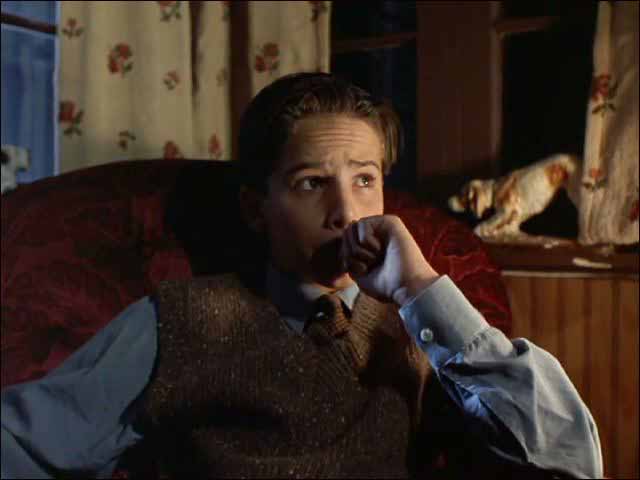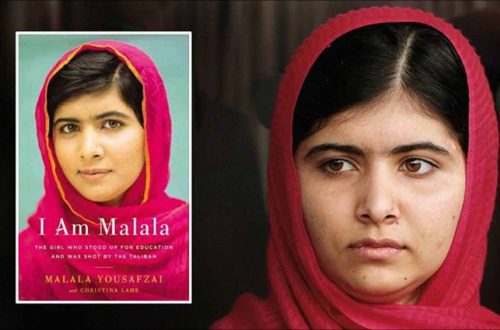Behold the boy.
He sits alone and listens to a piece of music, and he starts to cry.
Why is he crying?
Watch the below video and ask yourself that question —
— this little boy grows up to become the famous concert pianist Glenn Gould, best known for his recordings of J.S. Bach’s keyboard music. It would be hard to find a more idiosyncratic and brilliant musician than the semi-recluse, semi-savant Glenn Gould. There was no one like him before or since.
But why is the ten-year old Gould crying while listening to the prelude of Richard Wagner’s Tristan and Isolde?
When you listen to it, dear reader, does it make you also want to cry?
Why not?
Are you missing something?
Should you watch that video again?
Listen more closely this time?
A musicologist could find many words to explicate it. The famous “Tristan chord” and “atonal music.” The constant buildup of a melody which resists catharsis — a universe where everything seems on edge, out of sorts, and unresolved. The inability to harmonize dissonant chords and find peace. Looking at the Tristan and Isolde storyline could offer further clues: a drama where love and hate are almost the same thing, and where sexual tension builds and builds but never finds release. Maybe the music claims that all romantic love ever leads to is misery and death. Despite everything, we will never be happy.
Maybe.
Maybe that is what the music says.
Or maybe words are beside the point, and even distracting.
The music itself is complete. It is pure metaphor. Words only muddle the message. Let Richard Wagner’s music speak for itself through sound.
Glenn Gould as a child was innocent of the oceans of ink spilled about the “Tristan chord” or Wagner’s mythopoeia. It did not matter. Gould understood the message of the music: nothing will ever be complete; we live in a flawed world, and see through a glass darkly. The end is coming, and our best efforts have been for naught.
It is all hopeless.
Do you hear it, esteemed reader?
Are you crying?
Why aren’t you?





